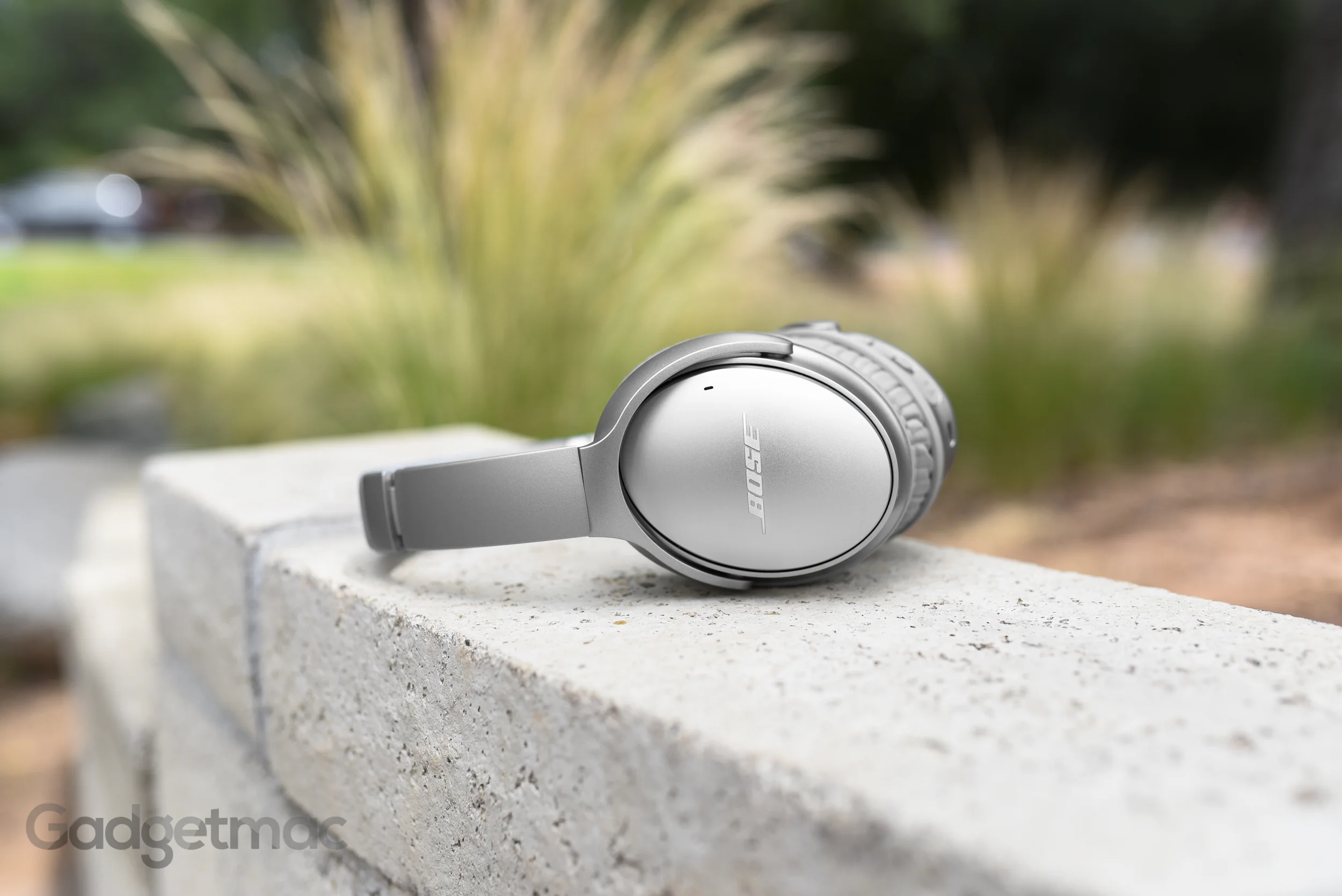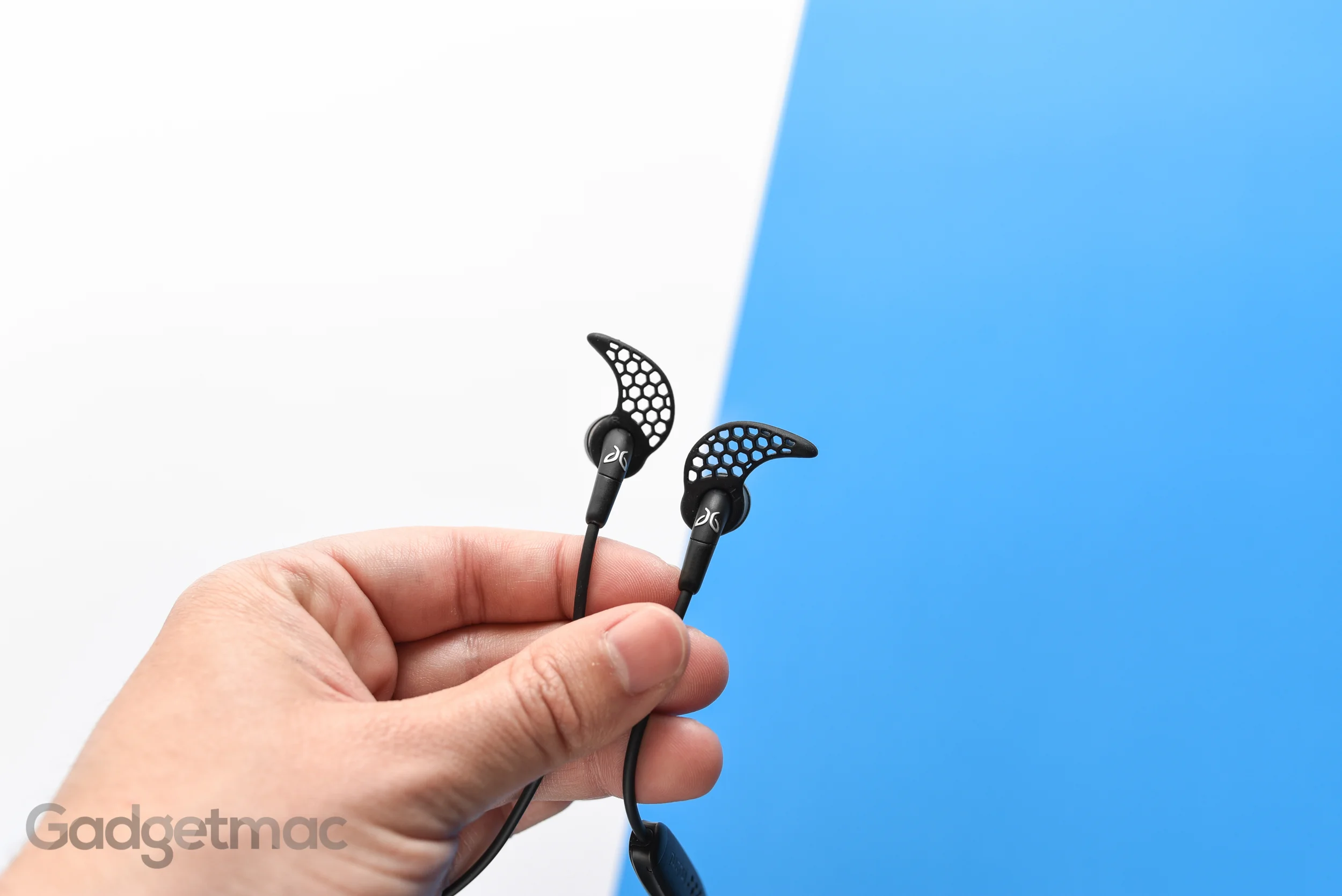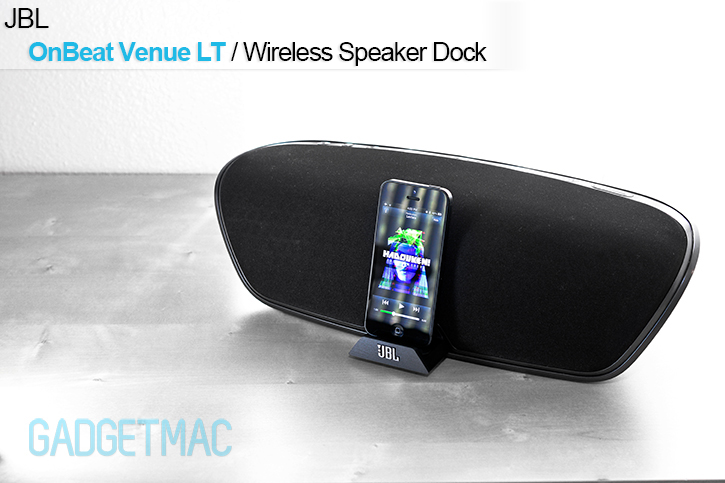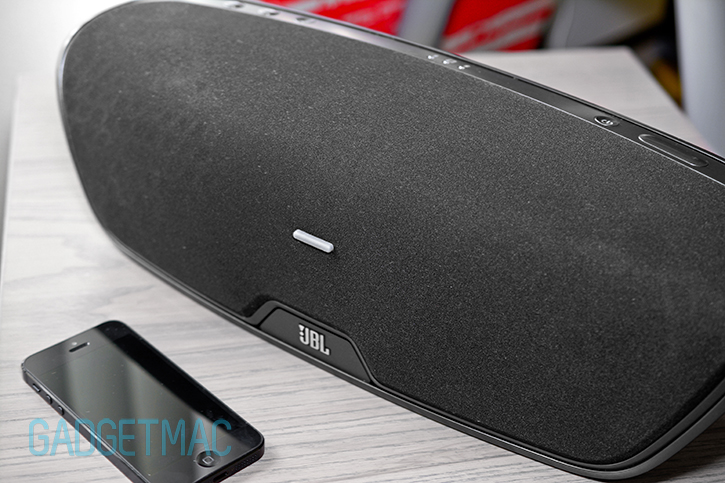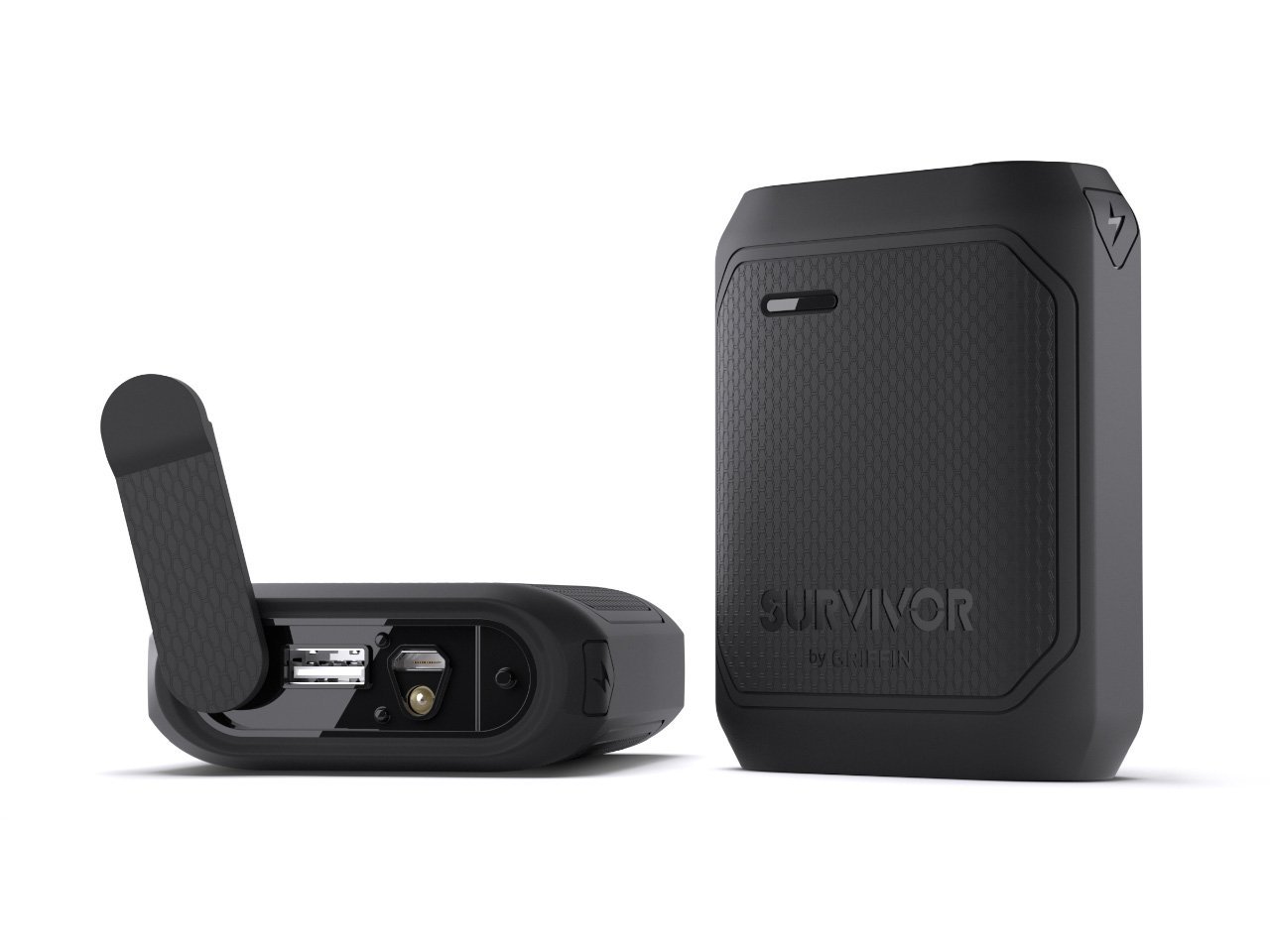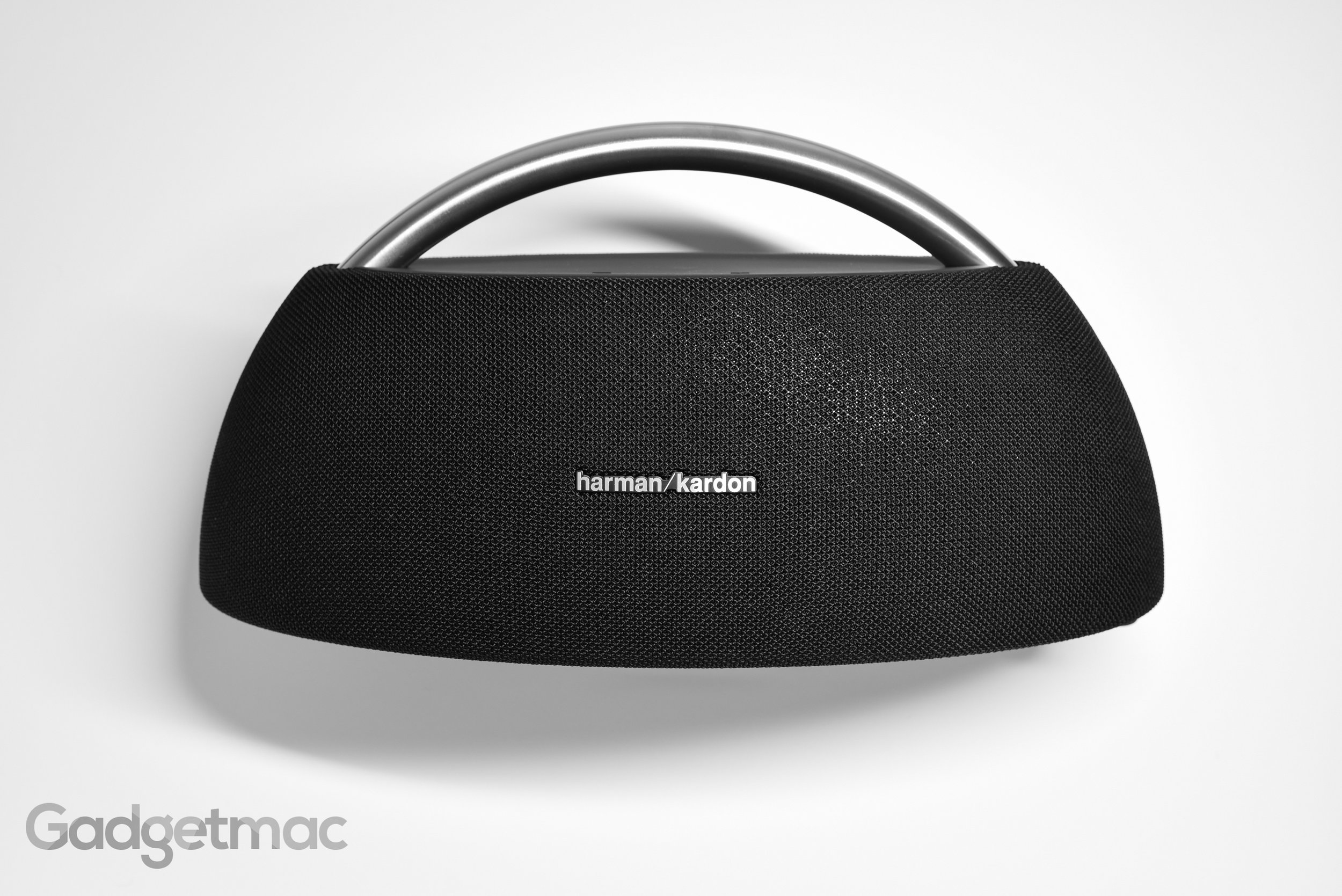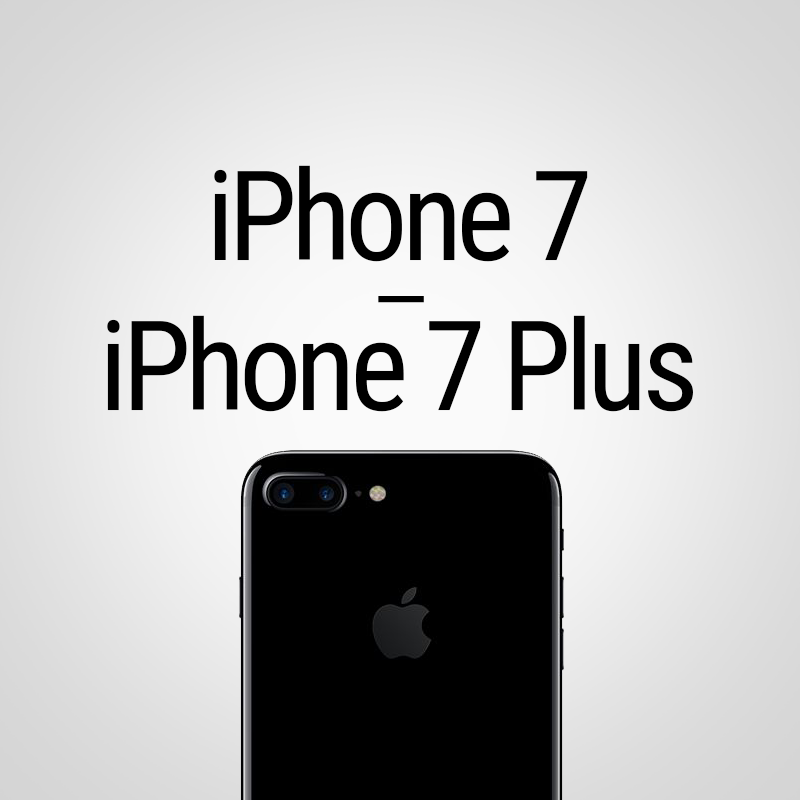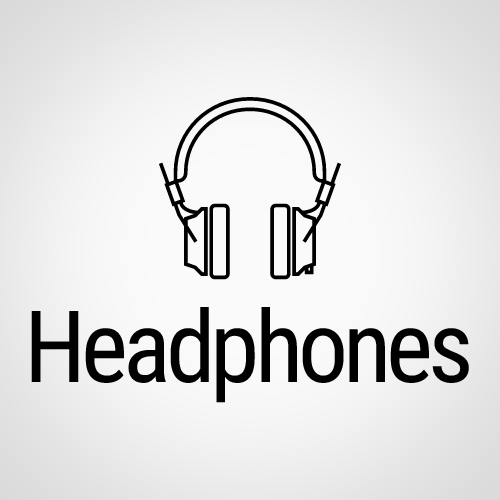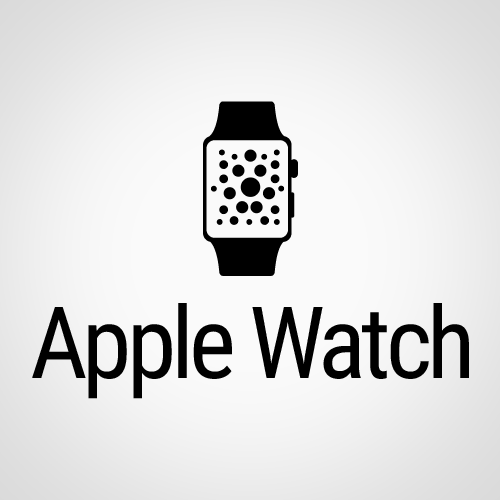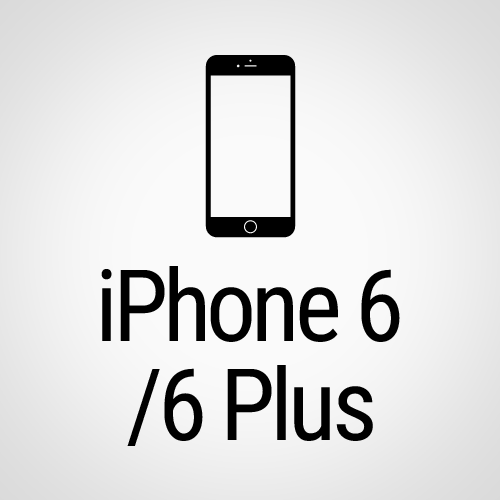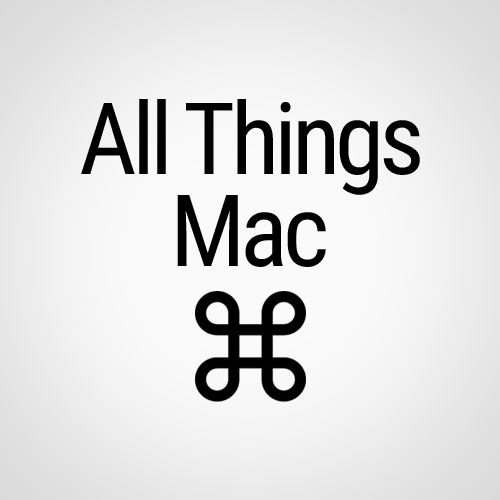JBL OnBeat Venue LT Review
/Following our most recent review on JBL's hardwired OnBeat Micro speaker dock comes the OnBeat Venue LT - a much larger, more powerful wireless speaker with a Lightning connector dock that's designed to work with Apple's full line of Lightning connector-equipped iDevices including the iPad mini, iPad 4, iPhone 5 and iPod touch 5. After spending an intimate time with the Flip (the best portable speaker of its stature based on our findings) as well as the OnBeat Micro, we now have a clear perception of what we can generally expect from JBL on audio performance terms. The OnBeat Venue LT is a modified and updated version of JBL's original OnBeat Venue, which supported Apple's now obsolete 30-pin Dock Connector. JBL's OnBeat Venue LT pretty much met our expectations, but it isn't without its flaws as you shall soon discover.
What looks good and what doesn't is a subjective matter. And if I'm honest, I'm not overly attracted to the OnBeat Venue LT in terms of industrial design as much as I was to the OnBeat Micro. It looks like an oversized, sumo version of a soundbar. You know, the ones you'd put under your razer-thin LED TV. With that said, the OnBeat Venue LT is a lot less pretentious compared to JBL's OnBeat Rumble Lightning speaker dock which may have been designed after one of Daft Punk's retro helmets. It's also heavy which is a good thing, and not too wide at 16 inches so it fits nicely on a bedside table and in an office environment or wherever it is you need to set up a speaker dock.
On one side you have a black fabric covering the plastic speaker grille underneath with the rest of the enclosure having a dark metallic gray finished plastic periphery. Although the OnBeat Venue LT is entirely made of plastic, the build quality is substantial and you won't find any plastic creaking. Overall the build quality fits the $200 bill quite well, and you wouldn't feel ripped off paying as much in return. While it may not be as pretty and sophisticated as the Z2 by Bowers & Wilkins, you aren't paying a premium for it.
The OnBeat Venue LT has two main modes of operation, wireless and docking. But really there are three ways in which you could connect to the OnBeat Venue LT to play your tunes thru its built-in speakers. The first is the most versatile which is over Bluetooth. But it ain't no crummy Bluetooth, the OnBeat Venue LT supports high-quality AAC which is also backed up by Harman's TrueStream wireless technology. What this all translates into is superb wireless Bluetooth audio streaming that sounds just as good as a wired connection and in our testing, just as reliable. While JBL markets the OnBeat Venue LT as wireless speaker dock aimed at Apple's iOS devices, it technically also works with Android devices and pretty much any modern Bluetooth device out there that supports the high-quality AAC Bluetooth streaming profile. It should be noted that the OnBeat Venue LT also plays nice with Macs over a wireless Bluetooth connection in case you have no decent speaker setup.
We should note that we have heard some people complaining that they've been experiencing poor Bluetooth connectivity performance including some issues with units automatically going into standby mode when they shouldn't. All we can say is that we have not run into any of these issues with our OnBeat Venue LT review unit even when trying hard to replicate said issues over a long period of usage. So if you've got a lemon, JBL/retailers will help sort things out.
Taking a quick look behind and below the unit we can see the bright orange rubber feet that JBL loves to use on most of its new speakers as well as the two Slipstream bass ports. As for ports, there's an A/C power input and a standard 3.5mm aux audio input for connecting devices which don't support Bluetooth or that aren't one of Apple's Lightning-equipped devices just in case. Because of its weight and size, the OnBeat Venue LT isn't meant for portable use and can only be powered by plugging straight into a wall/powerstrip outlet; unlike its smaller stable mate, the OnBeat Micro which can be transported and powered using batteries. Albeit the biggest drawback is that it has no rechargeable battery built-in.
The second best feature found on the OnBeat Venue LT is but of course its Lightning dock which springs into action with a simple press like some retractable cup holder. This retracting dock design is beneficial when you're using the OnBeat Venue LT as a standalone wireless speaker. The Lightning dock seamlessly slides back into the bottom front side of the system as if it never existed. There's no magic button or sensor that automatically does this for you though. You press the dock when you want it so spring out and you push to click it back into place when you're done, just like an SD card mechanism. Simple and it just works. The dock will keep your device charged and it will also automatically switch from Bluetooth connection over to the Lightning dock.
Just like the OnBeat Micro, the Lightning connector is spring-loaded so that it can move slightly back and forth to ease tension on the device connection. The Lightning dock is designed with a wide and unobstructed base that can accommodate the iPhone 5 as well as much larger devices like the iPad 4 and iPad mini plus other Lightning-equipped devices like iPods. But there's an issue with the design. It will not fit into protective cases no matter how thin and slim they might be. We tried using the iPhone 5 with wide-opened Lightning connector cutouts to no avail. Even the iPad mini with a thin snap-on CoverBuddy shell wouldn't not fit in all the way because of the shallow Lightning connector on the OnBeat Venue LT's slid-out dock.
On-board controls are laid across the top of the OnBeat Venue LT and include a volume rocker, poorly backlit power and EQ buttons that consist of a movie EQ button and a bass boost EQ button - more on those when we get into the sound performance category. As for status indicators, you can tell which mode you're on by looking at the Bluetooth, Lightning dock and aux input status LED indicators that sit in the middle. You can alternate between the three using the mode setting/Bluetooth pairing button of the left hand side. A small difference in quality is the use of much brighter, more precise, and whiter LED indicator on the $100 OnBeat Micro, and that's a disappointing inconsistency move on JBL's part.
incredibly loud sound that can fill up a large venue
How powerful is it? Let's just say I could easily feel the floor shake with vibes running thru my feet and up my spine standing only a few feet in front of the speaker. The OnBeat Venue LT is one of the loudest speaker docks we tested and I was honestly scared to turn the volume up near full because of how loud and powerful the audio would get with no end in sight. It could easily fill up a large venue with powerful sound. But powerful audio doesn't necessarily mean quality audio.
The audio itself sounded all-too familiar coming from JBL's Flip and OnBeat Micro. There's a distinct JBL signature sound you can pick up which is partial to heavy treble and an overall bright sound signature with little warmth and richness. What it really equates to is a clear, bright sound more towards the high end putting an emphasis on vocals and clarity. But clarity is one thing, detailed instrument separation is another. Highs are as clear and bright as we've experienced with the Flip, although maybe excessively bright which could end up sounding somewhat sharp to your taste when turning up the volume.
The bass response is surprisingly decent if not satisfying given the price range. It doesn't come close to sounding as full and heavily thumpy as the kind of bass you'd find in Audyssey's Audio Dock Air and Audio Dock, but we've yet to hear such incredible low performance from similar offerings as we have with Audsyssey's proprietary bass radiator technology. Obviously the OnBeat Venue LT's is a heck of a lot baser than the Flip, respectively. And in case you had your doubts, the OnBeat Venue LT trumps
Right in between the bright highs and reasonably punchy lows, we sadly end up with a shy mid range on its first date to prom. The mids are the least impressive, sounding somewhat drowned out and not as forward sounding as I had hoped. They mid range lacks detail and presence, which off sets the sound output to favor a limited selection of music genres.
Remember those two special EQ buttons? If you want to kick it up another notch, you can turn on either or both of the on-board EQ controls which will immediately sharpen the highs, brighten vocals and deepen the bass response by a marginal difference. All that the "movie" EQ button does is introduce treble and brightens the audio slightly, however, it is just that, an artificial EQ and so is the bass boost. Neither one would be found on a higher-end speaker as an on-board setting.
If true bass is what you want, there is an upcoming rival from JBL itself that we're anticipating called the OnBeat Rumble, which should sound twice as good as the Venue LT. And as the name suggests, the OnBeat Rumble is aimed at serving superior bass performance using an oversized built-in subwoofer unlike the OnBeat Venue. That ought to be interesting. It'll cost twice as much too at a cool $400. Despite the price, it isn't an AirPlay speaker dock but you can expect the same high-quality Bluetooth wireless audio streaming as well as a Lightning dock that's compatible with the iPhone 5 as well as all Lightning devices namely the iPad mini.
Although not a perfect system - JBL's OnBeat Venue LT is a great all-in-one wireless Lightning speaker dock that delivers immense sound capable of disturbing the neighbors with ease, and one that's decent in quality. It's nothing special that merits writing home about, though it will impress you if your audio quality requirements are on a strict budget. If you're looking for just the thing, the OnBeat Venue LT cannot be beaten at the moment. And at $200 it it's fairly priced in terms of sonic performance, which is why we think it's worth recommending.
But if you're in the market for purely a wireless speaker system, we think you can do better with the various alternative options out there for excellent wireless speakers with better sound characteristic and superior bass performance. JBL can do better and we're certain that it will with the release of its OnBeat Rumble. Until then, there aren't many comparable options at affordable price points.



